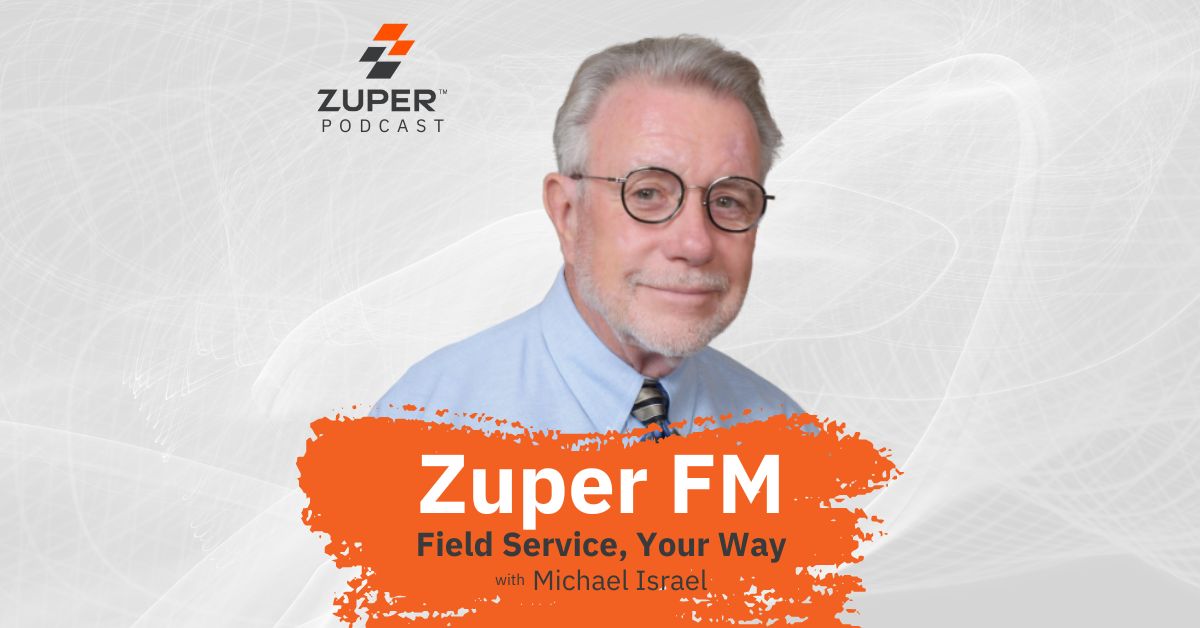
How Can Field Service Technology Improve User Adoption and Efficiency? with Vanessa Hunt (Ep. 28)
Whether you’re navigating change in your field service operations or implementing new technology, this episode offers practical guidance and actionable strategies to ensure success.
Join Michael Israel as he delves into this critical topic alongside Vanessa Hunt, founder of Vanessa Hunt Consulting. Together, they share invaluable insights on user adoption and the challenges faced by field service users.
Tune in to gain insights from industry experts and elevate your approach to change management!
Vanessa and Michael discuss:
- Change management in the context of field service and implementing field service technology
- Challenges faced by field service users who primarily use mobile devices
- Importance of understanding the perspective of field service engineers
- Benefits of mobile apps for field technicians
- Essential steps for successfully implementing change management and ensuring sustained adoption
- And more
Resources:
Connect with Vanessa Hunt:
Connect with Michael Israel:
About our Guest:
Vanessa Hunt worked as an independent CRM Consultant from 2006, before establishing Vanessa Hunt Consulting Ltd in January 2010. She’s held training and management positions in software organisations and consultancies such as Maximizer Software Ltd, McAfee, Detica and CSC Computer Sciences. With over twenty years’ experience in training, marketing and CRM implementation, she’s dedicated to sourcing the best Marketing Automation, CRM and ERP solutions for her clients. Vanessa is a keen linguist, fluent in English, French, German and Italian. She’s worked on many CRM training projects, delivering training across Europe in multiple languages. Vanessa loves hiking and bikepacking in the mountains. She lives near the Chilterns with her husband and athletic cat.
Podcast: Play in new window | Download | Embed